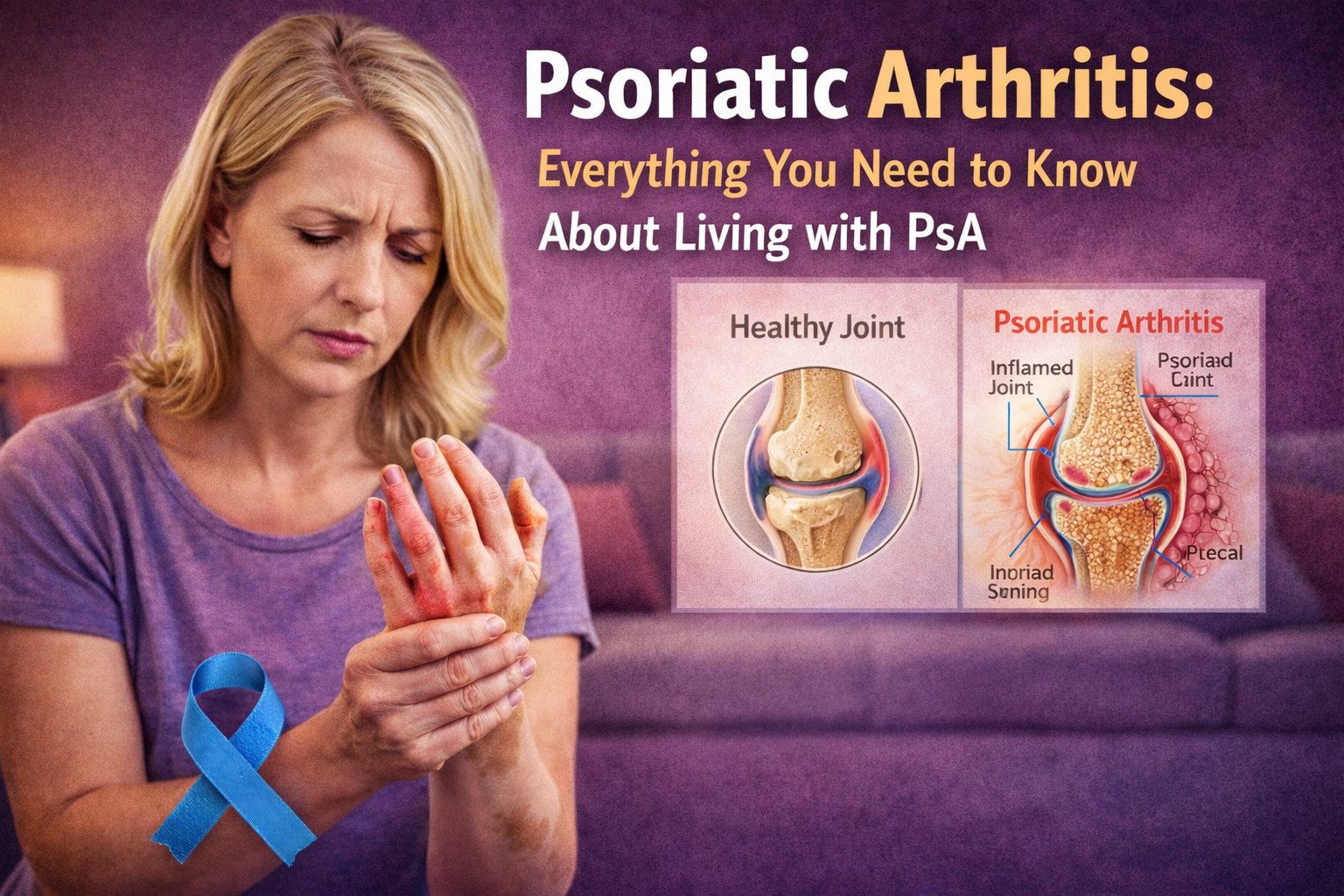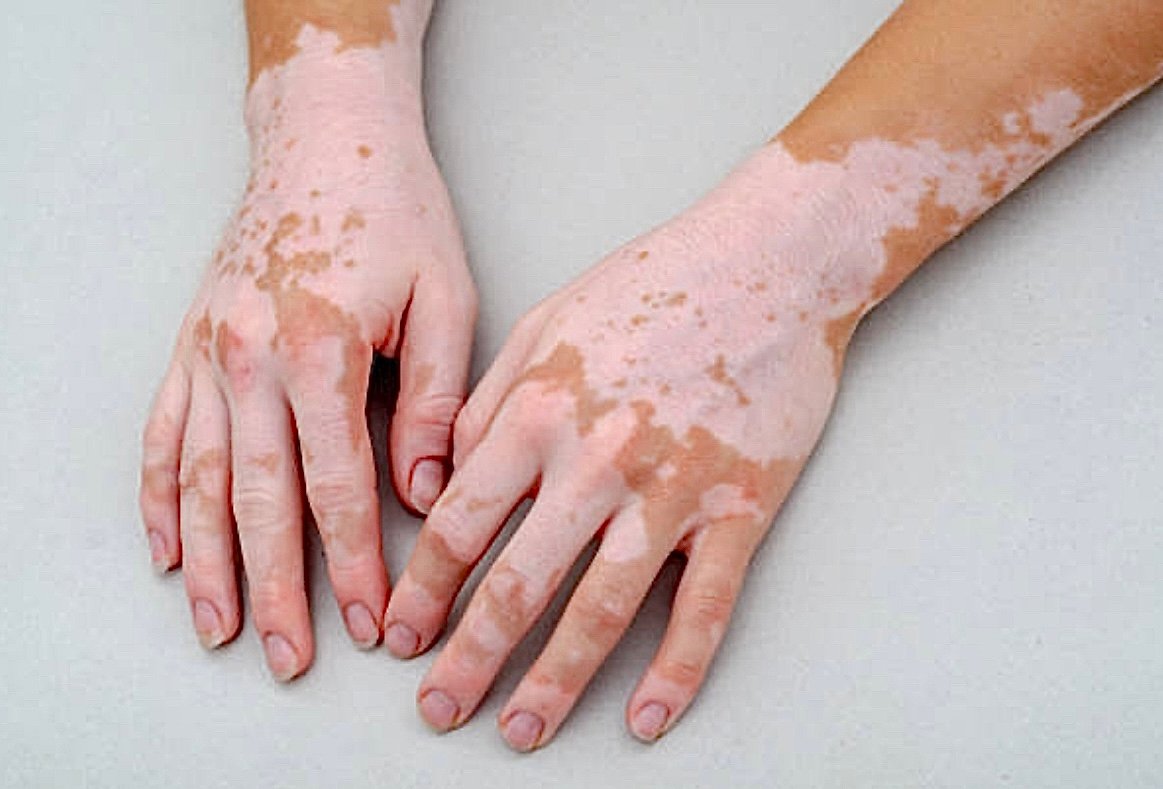Supporting a loved one with opioid use disorder is challenging and can take a toll on our own well-being. We must balance offering compassion and practical help while protecting our mental and emotional health. Understanding the nature of addiction and setting clear boundaries are key to maintaining this balance.
It’s important to remember that opioid use disorder is a medical condition, not a moral failing. Approaching our loved ones without judgment and learning about their struggle helps us offer meaningful support. At the same time, we need to recognize our limits and prioritize self-care to avoid burnout.
By staying informed, communicating openly, and seeking support, we can be a steady source of help without losing sight of our own needs. This approach allows us to assist our loved one through recovery while maintaining our own strength.
Understanding Opioid Use Disorder and Its Impact
Opioid Use Disorder (OUD) is a complex condition that changes the brain and behavior. It affects not just the person using opioids but also their family and friends. We must understand what OUD is, how it shows, and the wrong ideas people often have about it to provide real support.
Defining Opioid Use Disorder
Opioid Use Disorder is a medical illness where a person cannot stop using opioids, even when it causes harm. Opioids include prescription painkillers like oxycodone and illegal drugs like heroin. The disorder causes cravings and a need to use more to get the same effect, known as tolerance.
OUD is more than just physical dependence. It affects how a person thinks and acts, leading to problems with work, relationships, and health. It is a chronic condition that needs treatment and support, not judgment.
Recognizing the Signs and Symptoms
Signs of OUD include changes in behavior, mood swings, and changes in physical health. Someone may be secretive, lose interest in hobbies, or have trouble keeping a job. They might show withdrawal symptoms like sweating, shaking, or nausea when they don’t use opioids.
We can also see physical signs such as small pupils, weight loss, or frequent infections. It’s important to look for both physical and emotional symptoms to understand the full impact on our loved one.
Common Misconceptions and Stigma
Many people think addiction is a choice or a moral failure, but this is false. OUD is a medical condition caused by changes in the brain, and it happens to many people, not just those with weak character.
Stigma makes it harder for people with OUD to ask for help. It can lead to shame and isolation. As supporters, we must avoid blame and use compassionate language. Understanding the science behind addiction helps us provide care without judgment.
Effective Ways to Support a Loved One While Prioritizing Self-Care
Supporting someone with opioid use disorder requires us to be clear about our limits, kind to ourselves, and mindful in how we communicate. Balancing these aspects helps us stay strong and present without feeling overwhelmed or losing our sense of well-being.
Setting Healthy Boundaries
We need to define clear limits on what we can and cannot do. This protects our time, energy, and mental health.
Boundaries might mean saying no to certain requests, limiting contact when things feel too intense, or deciding when to step back. Being firm about boundaries helps prevent burnout.
It is important to communicate these limits calmly and respectfully. We can explain what we need to stay healthy without blaming our loved ones. This creates space for support that is sustainable for both sides. Boundaries are not selfish; they are necessary to keep our support consistent and effective.
The Importance of Self-Compassion
Caring for someone with opioid use disorder can be emotionally hard. We must treat ourselves with the same kindness we offer others.
Self-compassion means forgiving ourselves for not being perfect or for feeling tired and frustrated. It helps reduce stress and prevents feelings of guilt. Practicing small acts of care, such as taking breaks, getting enough rest, and seeking moments of joy, renews our strength.
We should remind ourselves that taking care of our own well-being is a critical part of being able to help our loved one.
Communicating with Empathy
Using empathy lets us connect without judgment or anger. We listen to understand feelings rather than just respond to words. We can acknowledge our loved one’s struggles by saying things like, “That sounds really hard,” instead of offering quick solutions or criticism.
Clear, calm communication can reduce tension and encourage openness. It also helps us express our own feelings without blame.
By showing empathy, we create a safer space for honest conversations, which supports recovery and preserves our relationship.
FAQs
What is opioid use disorder?
Opioid use disorder is a medical condition where a person cannot control their use of opioids. It affects the brain and body, causing strong cravings and withdrawal symptoms.
How can we help without enabling the addiction?
We support by setting clear boundaries and encouraging treatment. It is important to avoid giving money or covering for the behavior, which can enable the addiction.
What should we do if our loved one refuses help?
We stay patient and keep communication open. Offering support without judgment can help them feel safe to seek help when they are ready.
How do we take care of ourselves while helping others?
We must prioritize our own mental and physical health. Taking breaks, seeking support for ourselves, and setting limits help us stay strong.
By learning about opioid use disorder, we understand what our loved ones face. Compassion and patience guide us through this difficult journey.



